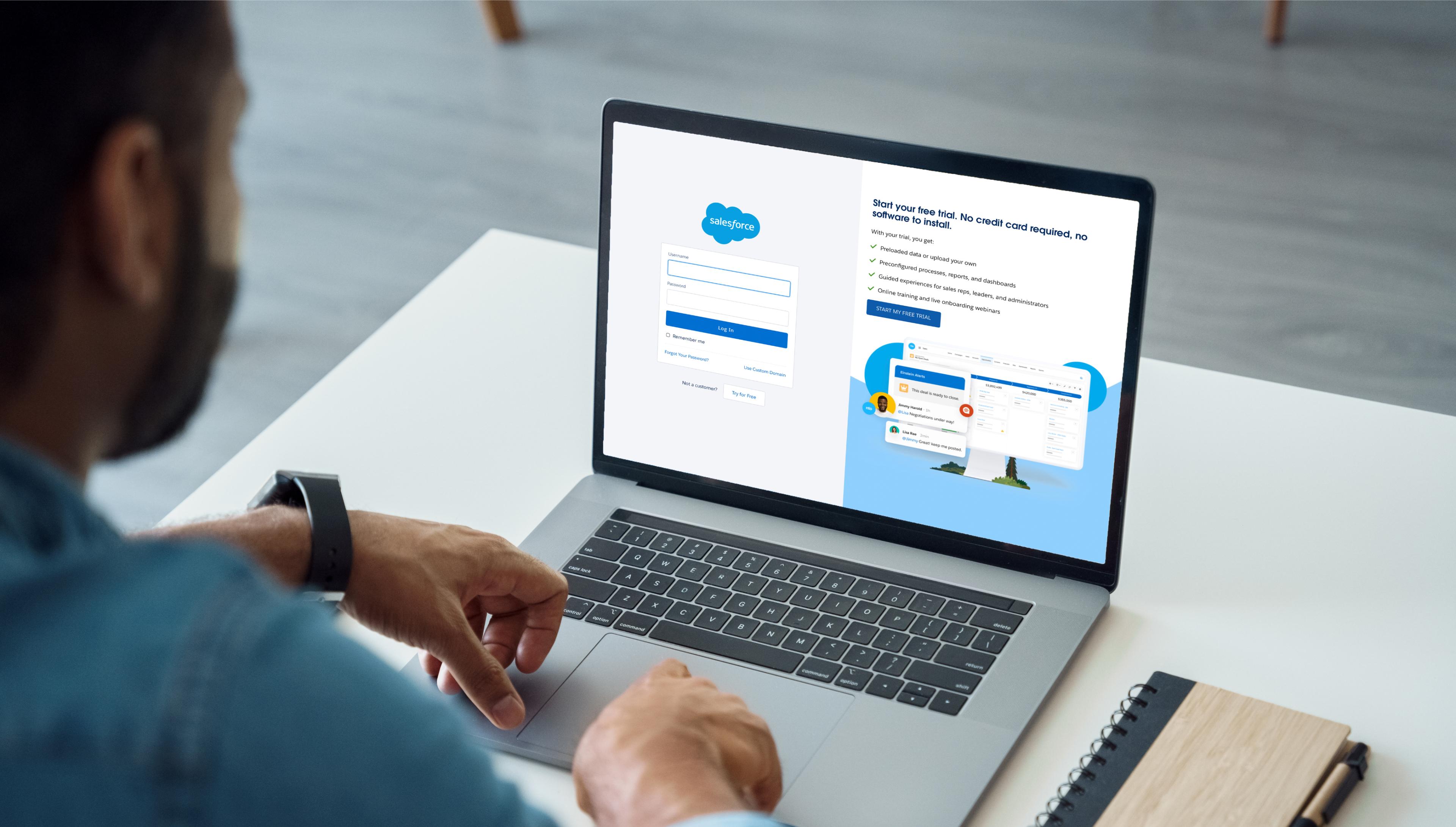
Salesforce as a construction CRM: How to build a solid foundation

Construction is an industry that is built on and driven by relationships. Relationships with prospects, clients, contractors, subcontractors, employees, and vendors to name just a few. In the past, it may have been standard practice to manage these in handwritten notes, or perhaps spreadsheets and email. However, if you are still doing business this way today, chances are you’re leaving money on the table due to inefficiencies in workflow and lost opportunities.
Managing your business relationships with Customer Relationship Management (CRM) software is a big help, but modern cloud-based CRM platform like Salesforce is about much more than just relationships. It allows you to manage all aspects of your project lifecycle from gathering leads through to post-completion client support all from within one platform.
Considering Salesforce?
Get a free consultation to assess how Salesforce can be customized to meet your business requirements.
Salesforce is the number one CRM in the market and for good reason. Its feature set is constantly evolving and improving, and is well-suited to numerous industries including construction. Its ability to integrate with almost any existing software you may be reliant on, as well as the limitless customization options available, means that it can be tailored to suit the way you do business.

So what are the main reasons to use Salesforce for your construction company?
Moving away from paper notes and inefficient processes
While many industries have been rapidly embracing digital transformation and reaping the benefits, according to a study by McKinsey the construction industry lags behind significantly, and is in fact, one of the least digitized of all industries. By digitizing your processes, you have the ability to take advantage of the ability to automate repetitive tasks, and no longer having your valuable client data siloed between different departments and employees. Everyone on your team can access the centralized client data they need to work efficiently. Given the slow uptake of digitization within the construction industry, getting started now allows you the perfect opportunity to get ahead of the competition.
Powerful reporting capabilities
Construction projects, by nature, are going to be expensive and time-intensive—certainly not something a client would take on as an impulse purchase. As a result, the sales cycle in construction is much longer than in many other industries, so having a simple way to see where all of your company's deals are at any time is pretty important when it comes to managing cash flow. Your marketing department can see the full history of all client interactions with your company, helping them best identify the types of clients who can generate the most revenue for laser-focused campaigns. Stakeholders can easily gauge the health of the company with real-time data right on their Salesforce dashboard.
Using Salesforce Field Service to improve both the employee and customer experience
Being in construction means having employees in the field daily. These might include your construction managers, warranty representatives, supervisors, or estimators. Salesforce Field Service provides them with the tools to do their jobs more efficiently than ever on location using a mobile device. The capabilities can also include the ability for managers to see where crews are and the inventory they are carrying to ensure the right people and equipment are always where they are needed most.
Keep a handle on compliance
The Occupational Health and Safety Administration (OSHA) sees construction as a high-risk industry. As a result, construction companies both large and small are required to comply with numerous regulations to protect the workforce. In addition to this, it is critical that companies also maintain up-to-date records, such as insurance and licensing for contractors and subcontractors who work with your business. Having all of this information easily accessible in one place is critical to ensure that you stay on top of it and avoid compliance issues. If you are a particularly large construction firm, you can also take advantage of AppExchange solutions such as this, for even greater control of regulatory compliance within Salesforce.

What is the best way to implement Salesforce for construction companies?
This will largely be dependent on the software tools you currently use, and the technical capabilities of your team. If your company is large enough to have a dedicated IT team it may be realistic to do an implementation in-house. However, for most companies it will make the most sense to use an experienced implementation partner.
Undertaking a CRM implementation is not cheap, but it is an investment that is well worth making. A study by IDC on the economic impact of a Salesforce implementation saw companies averaging 300%-500% ROI within four years and an average payback time of only 13 months.
Wondering what the ROI could be for your company?
The single most important part of any implementation is to make sure that it is set up in a way that will encourage your workforce to actually use it. Whether the implementation is done by your team or an outside partner it is critical to put in the time to understand what are the time-intensive tasks that can be eliminated or made more efficient with CMS software. This also means that it is essential that all of your staff receive the right training so that you are able to make the most of your investment. Because Salesforce is feature-rich even at the base package level, it allows you to get started at a lower cost and then add on service and 3rd party apps from the AppExchange as your company grows.
Depending on the size of your company, you may already be using enterprise resource planning (ERP) software like Sage or Microsoft Dynamics. In this case, you will likely see an even greater ROI when working with an experienced partner to help with integration between your ERP software and Salesforce. Integration between the two allows your employees to continue working with the system they are most familiar and comfortable with while knowing that they all are working from the same, always up-to-date customer data.
Conclusion
Whether you are just starting in the construction industry, or are a seasoned veteran, if you are relying on spreadsheets and email to manage your business relationships, you are missing out on all of the ways powerful CRM software like Salesforce can help your business be more efficient and successful. From time-saving automation of repetitive tasks, to improving your client’s experience – by digitizing and moving your work flows into Salesforce you are positioning your company to be able to scale seamlessly in the years to come.






